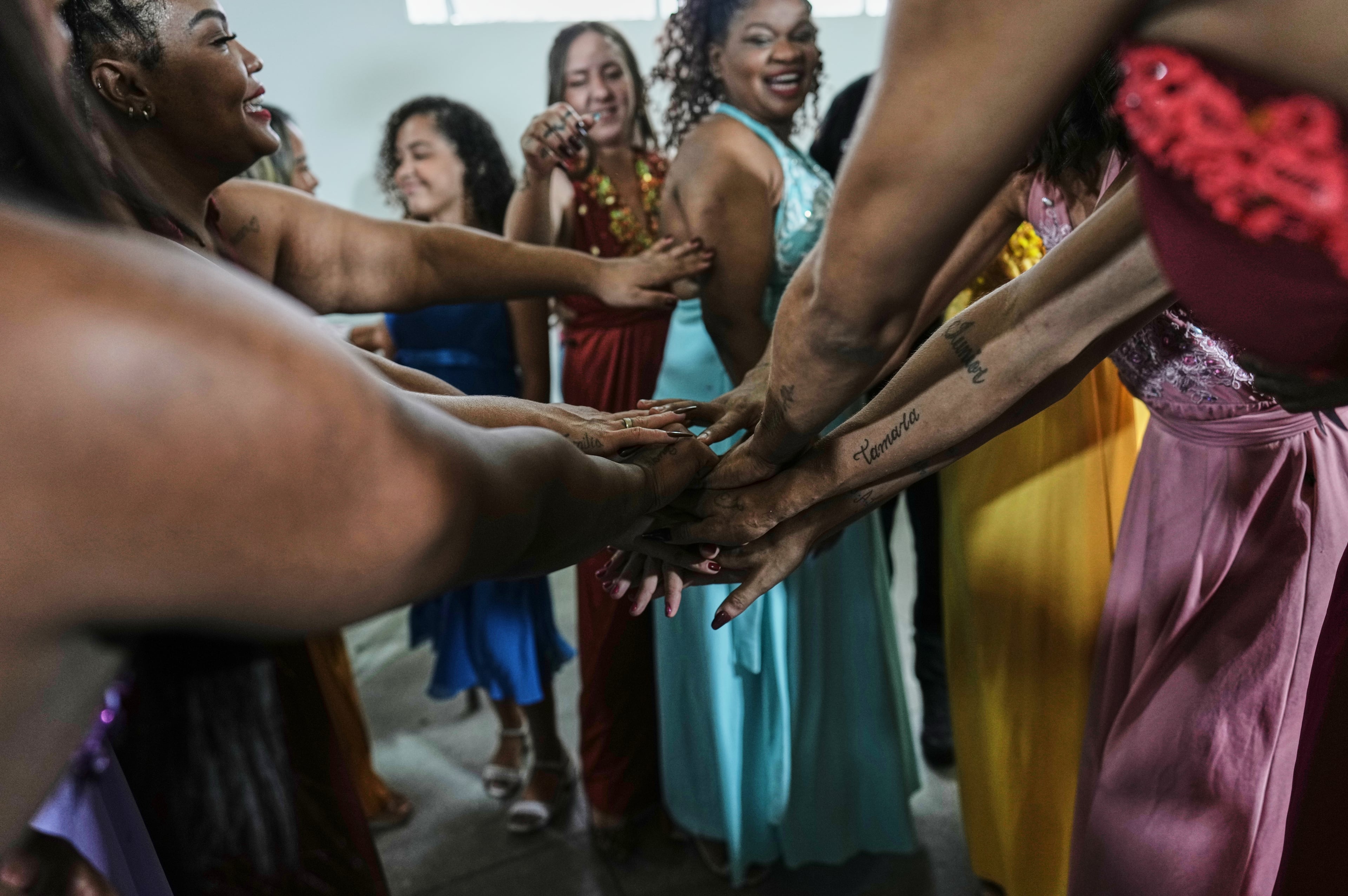Syrian refugee family safe in Georgia amid travel ban

Meet Nawroz Youssef and her older brother, Alan.
My colleague, Chad Rhym, shot this photo of them during our recent visit to their home in Decatur. Alan, who suffers from cerebral palsy, and Nawroz fled with their Kurdish family from northern Syria after the Islamic State invaded their village and started executing people.
The Youssef family would not be allowed to resettle in the U.S. today under the restrictions the Trump administration has been enforcing as part of its travel ban, a measure it says is necessary to ensure national security. Nawroz and Alan arrived in Georgia two years ago without having a “close familial relationship” here. Refugees must have such relationships here before they may resettle in this country, the Trump administration argues as part of its interpretation of a recent U.S. Supreme Court ruling.
But a federal judge in Hawaii issued an order Thursday to expand the exemptions in the travel ban for refugees, favoring those who have been given a “formal assurance” from a resettlement agency. The Youssef family came to the U.S. with the help of a refugee resettlement organization in Atlanta. The Trump administration is appealing the Hawaii judge’s order.


